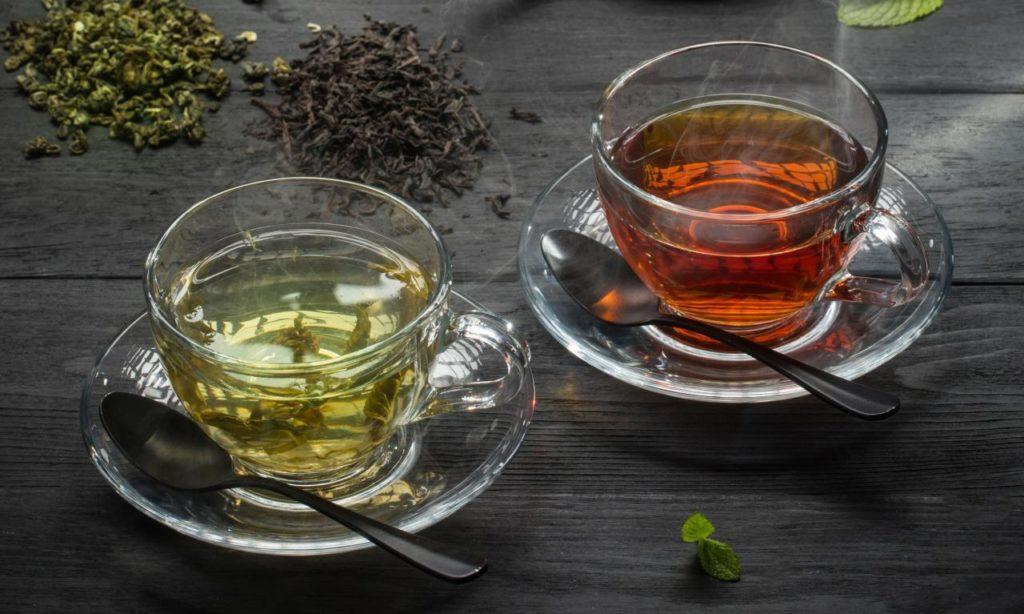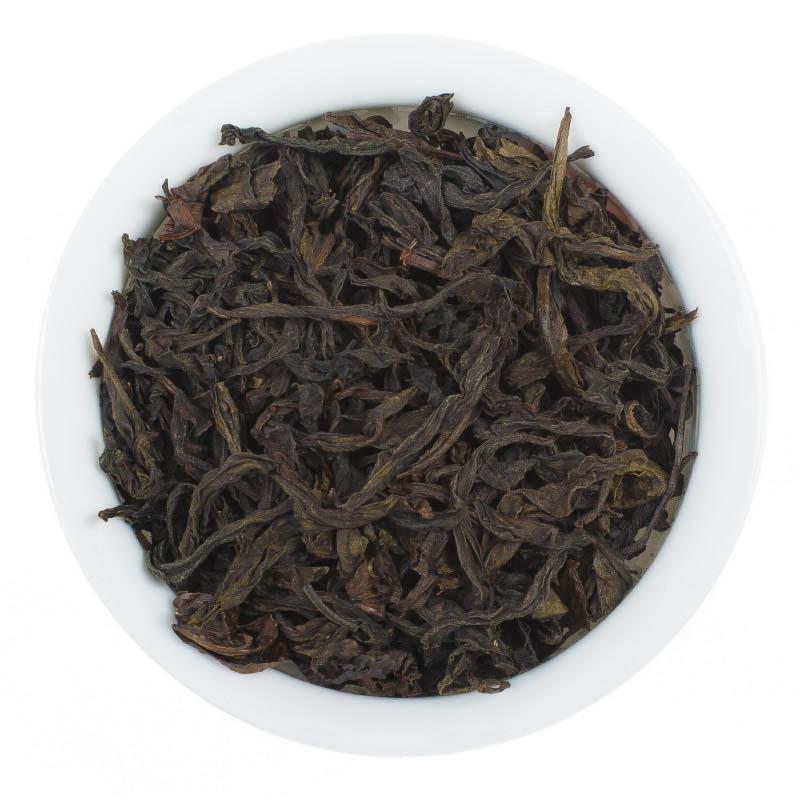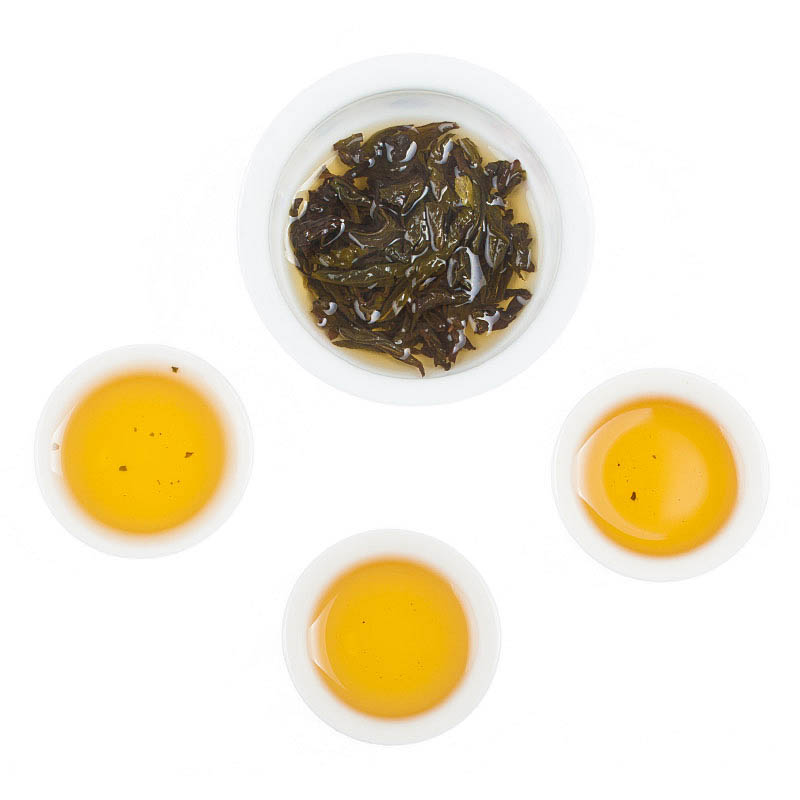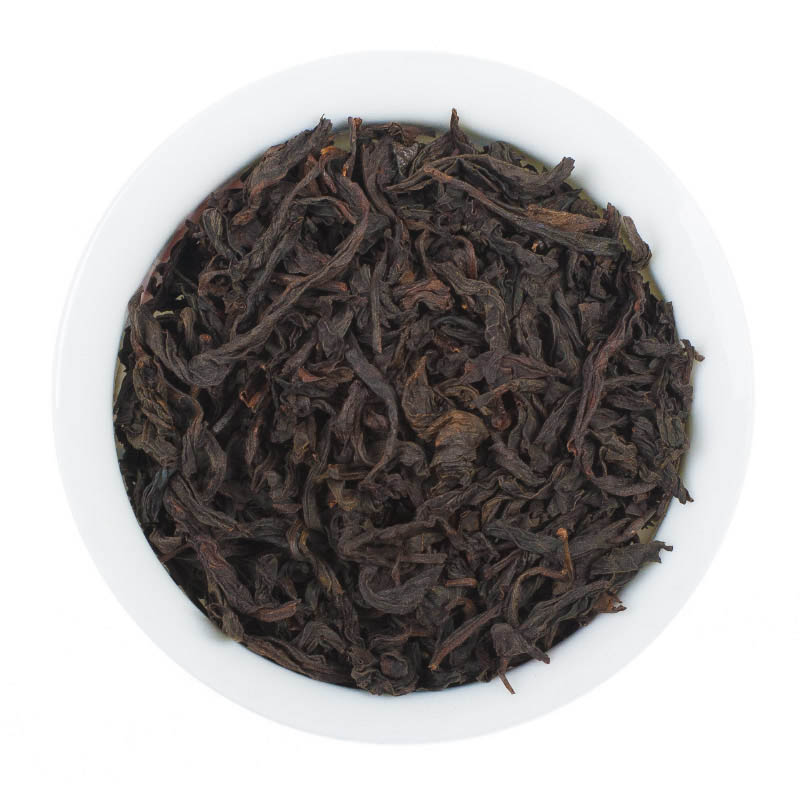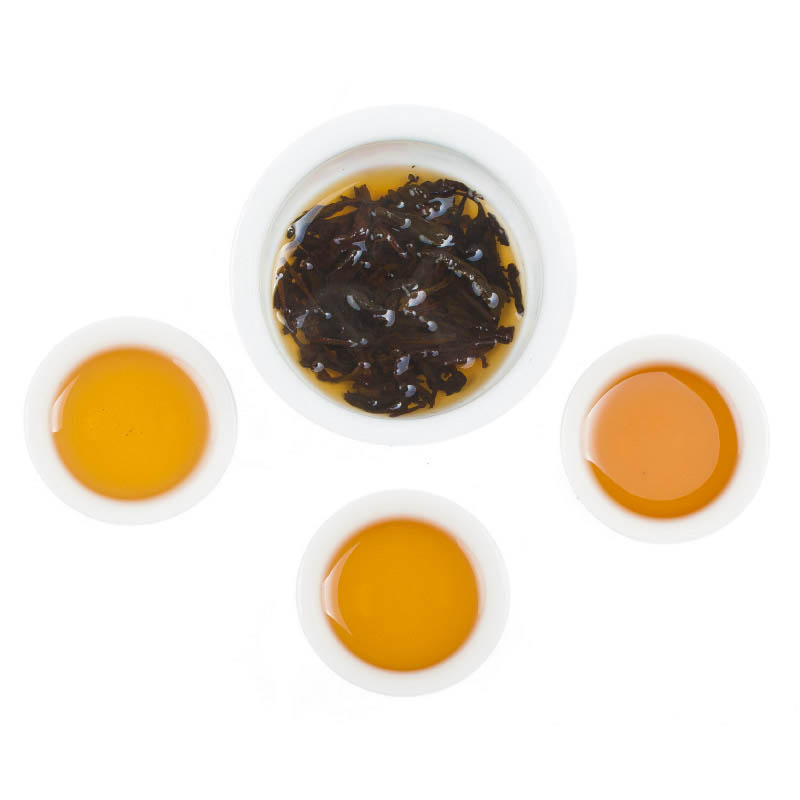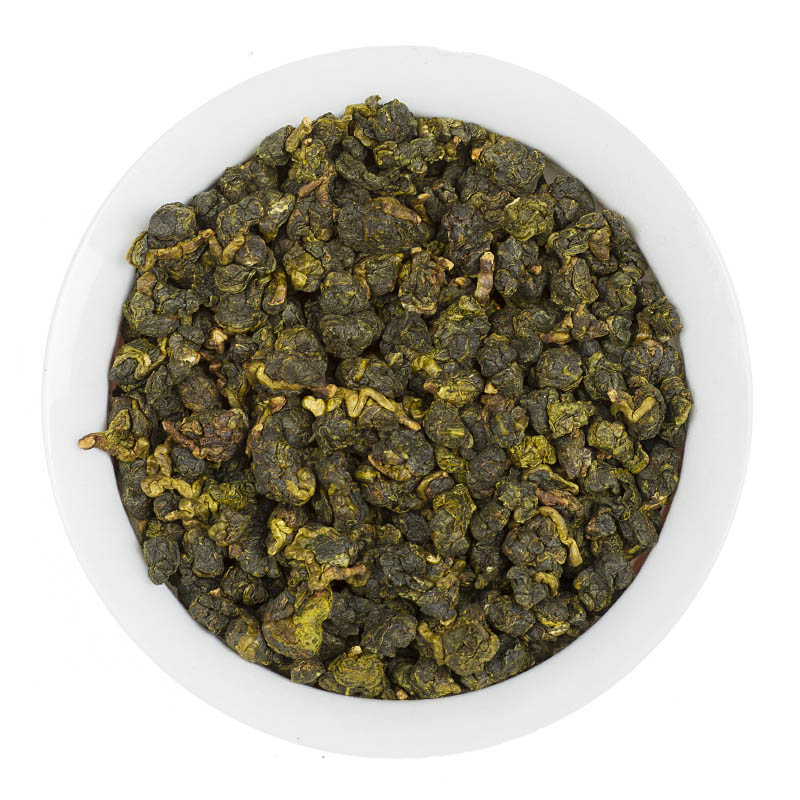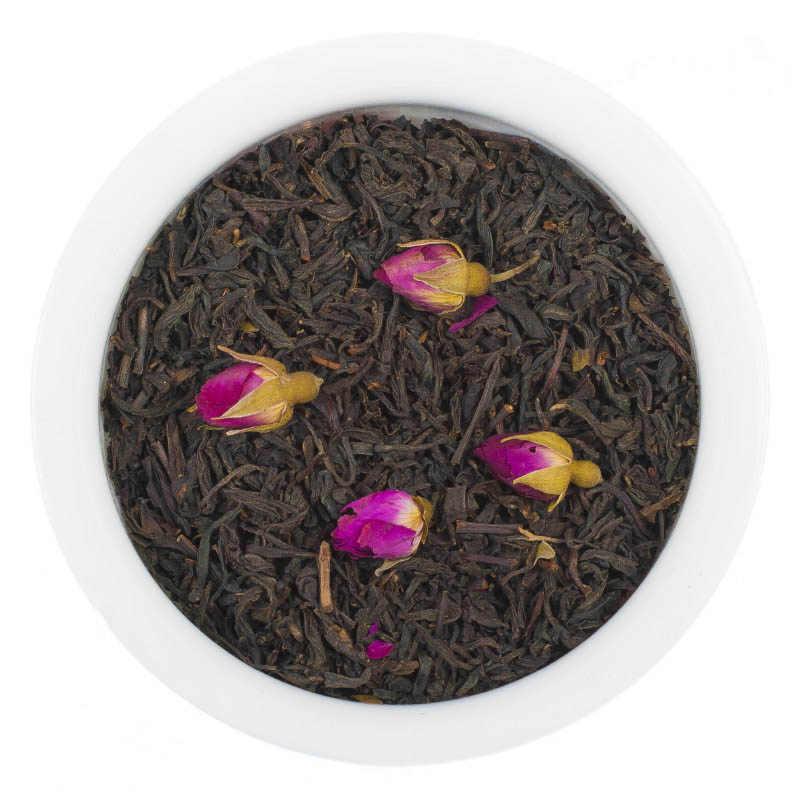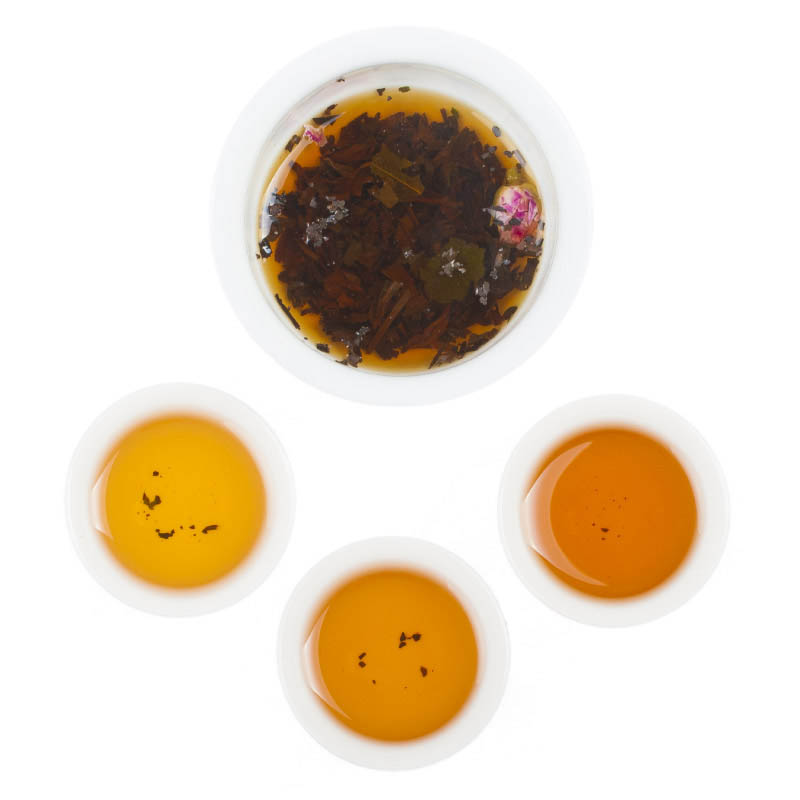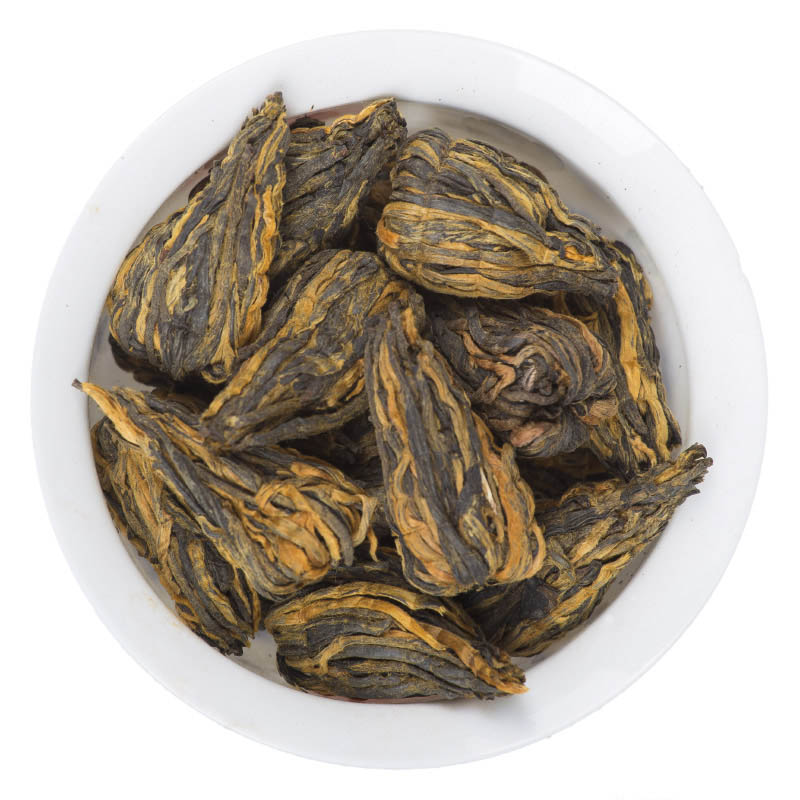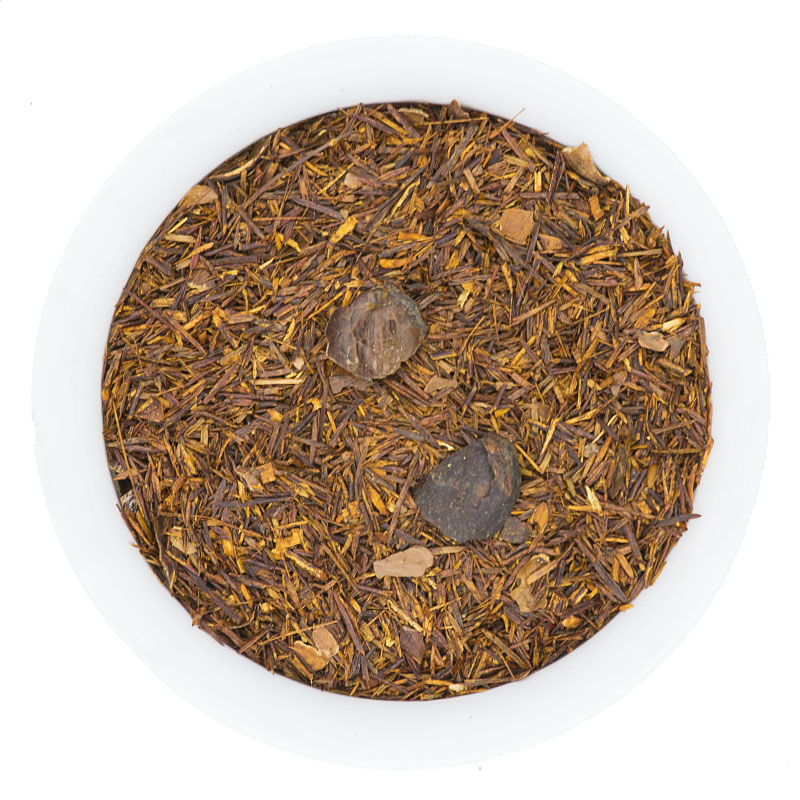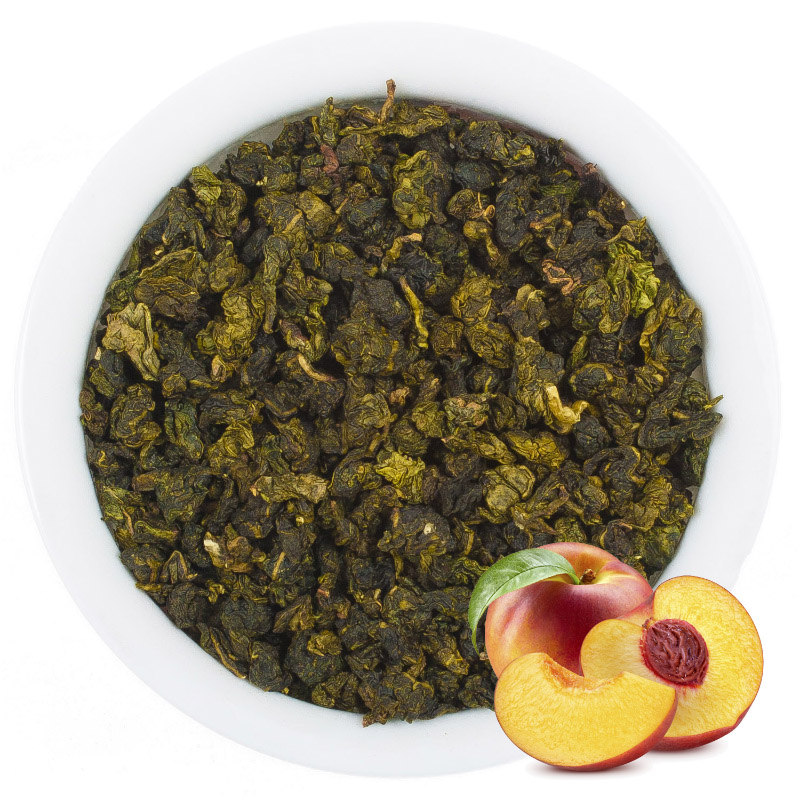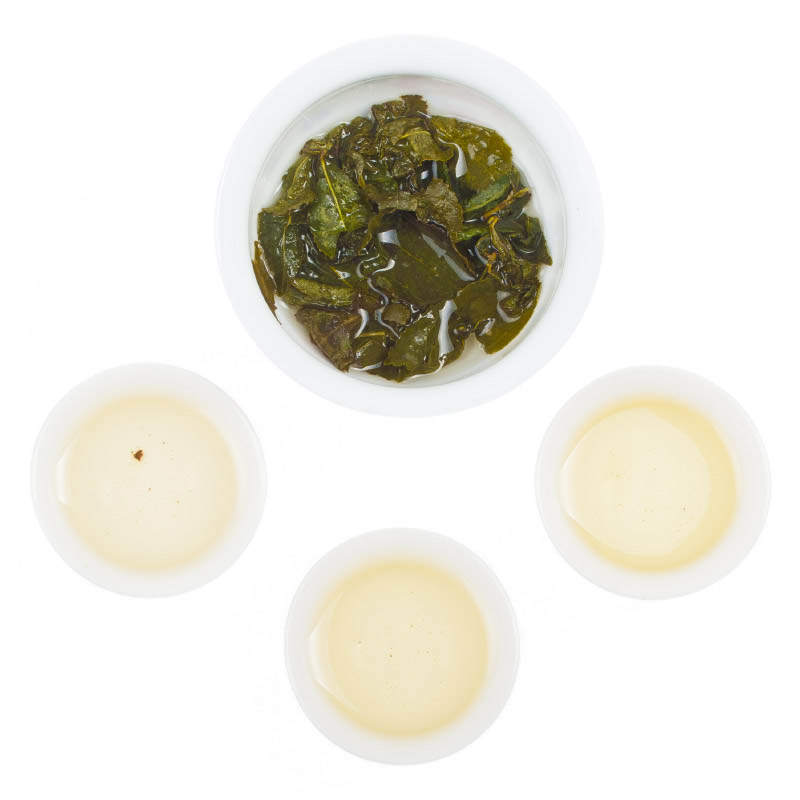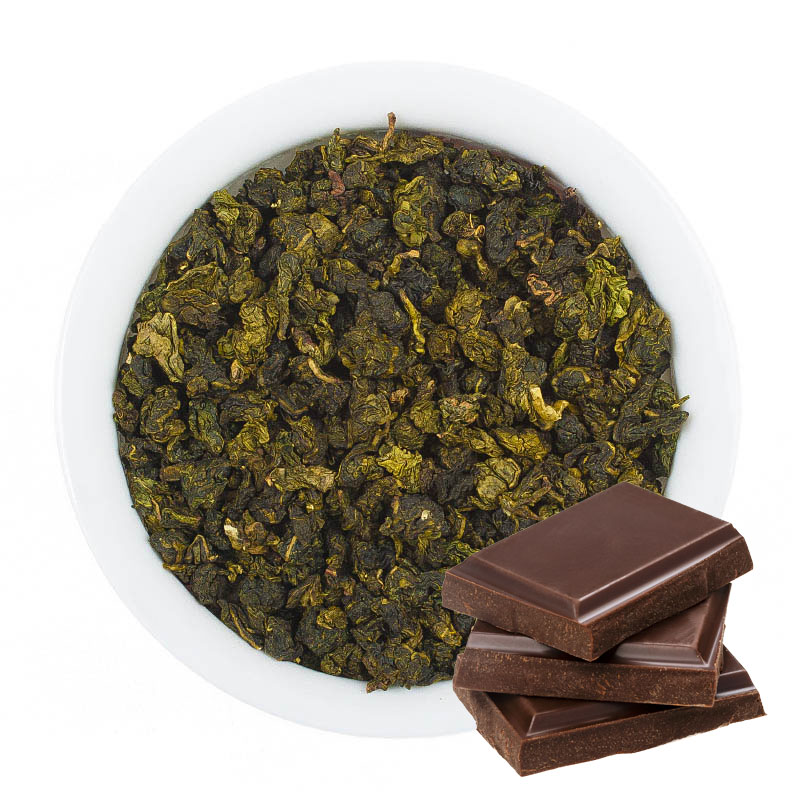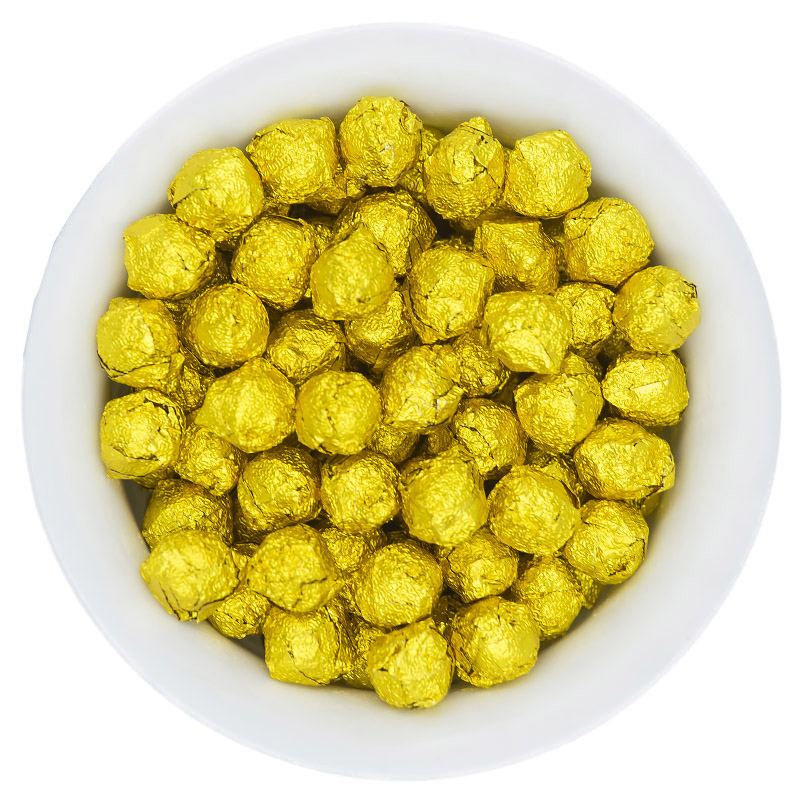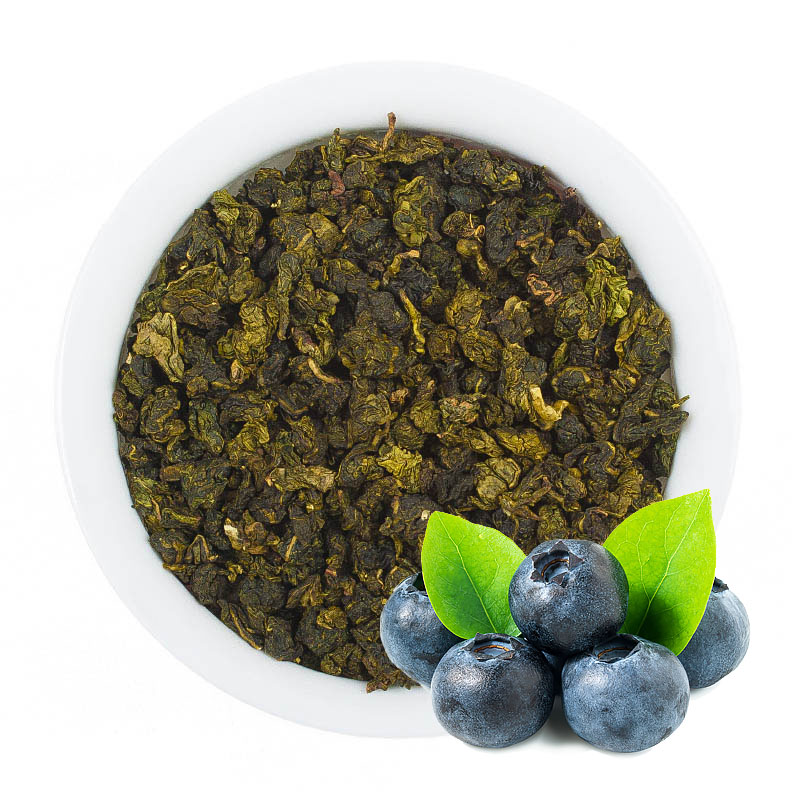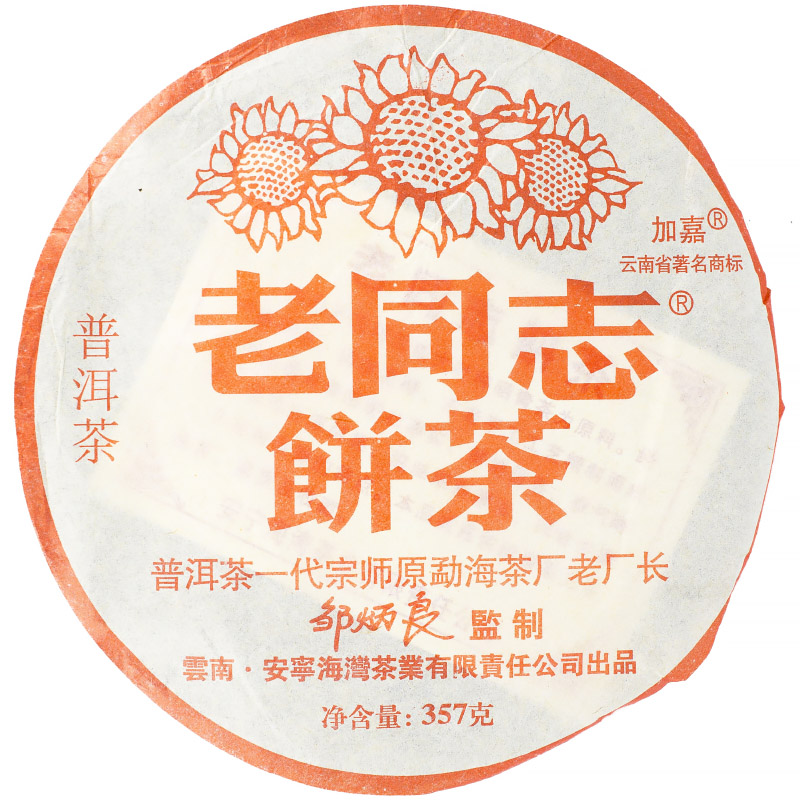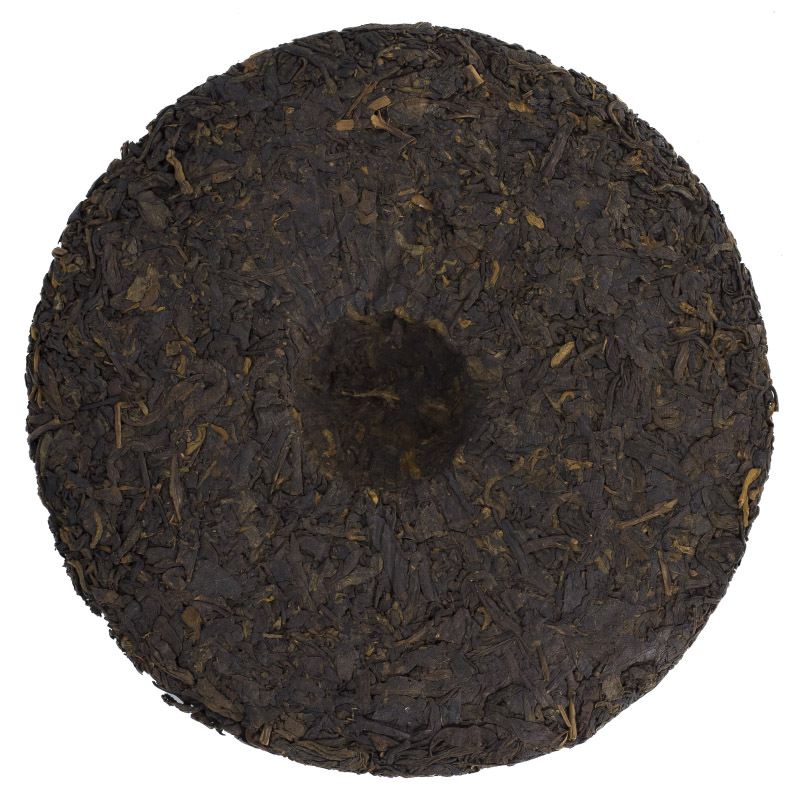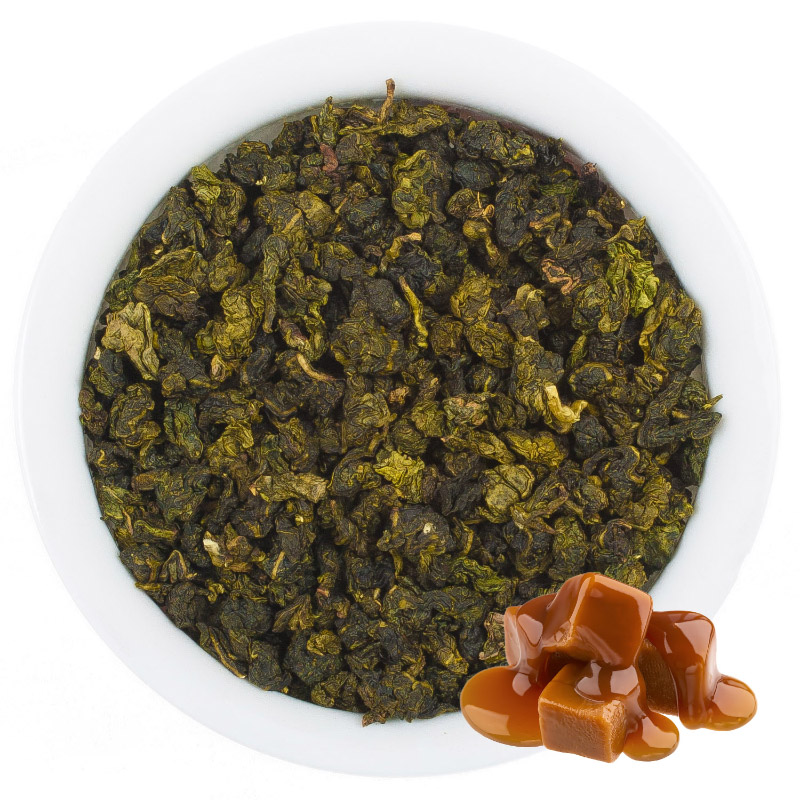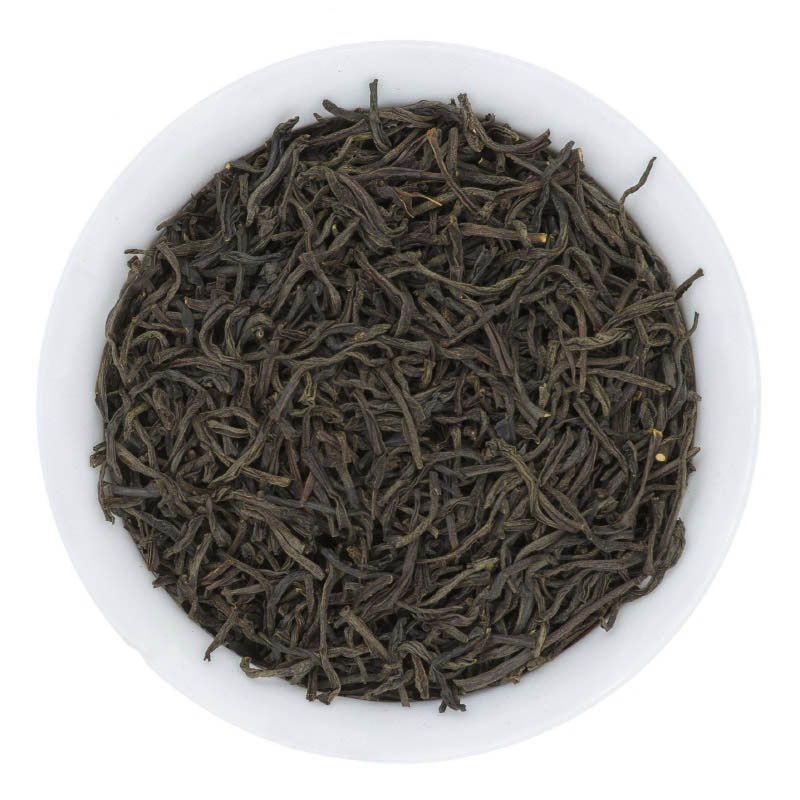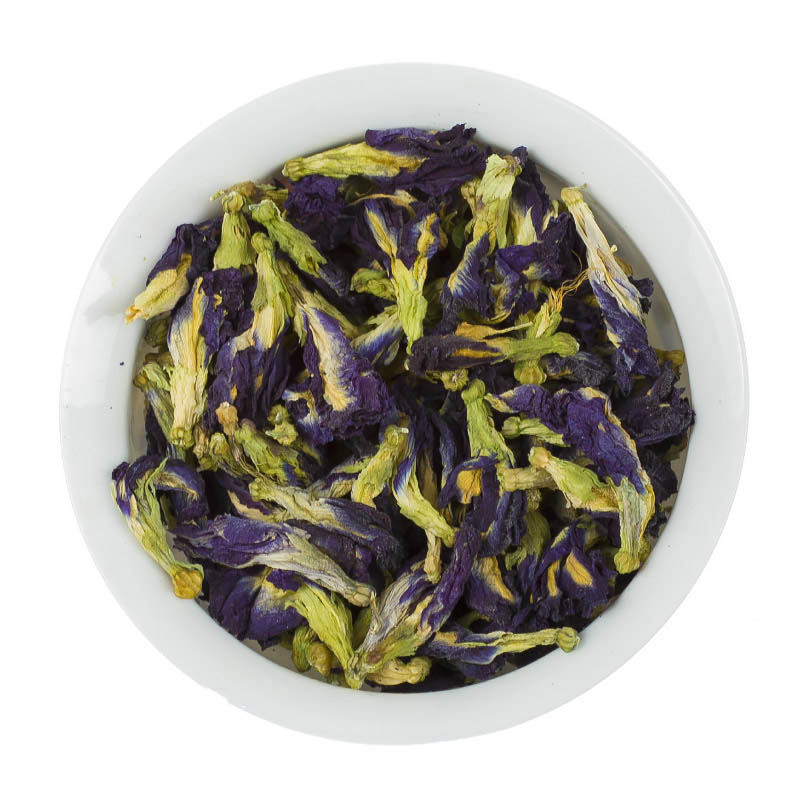Contents
- Difference Between Black and Green Tea
- Effects of Black Tea
- Effects of Green Tea
- Types of Tea
Natural tea leaves are rich in antioxidants and other nutrients. The combination of these substances gives tea its depth of flavor and beneficial properties, regardless of the type. Tea boosts energy and stimulates brain activity.
Tea is a good diuretic. It helps remove excess fluids and accumulated toxins and waste products from the body. Excess salts are eliminated through sweat, which increases after drinking a hot beverage.
Difference Between Black and Green Tea
Both black and green tea leaves come from the same plant. The differences lie in color and taste. A major factor is the degree of fermentation, which refers to oxidation of the raw leaves by natural chemical processes. Black tea undergoes full fermentation, which gives it a rich color and astringent taste.
Green tea, on the other hand, is minimally or not fermented at all. As a result, the leaves retain their natural color and chemical composition.
The quality of the tea depends on its processing. If under- or over-processed, or improperly dried, the tea can lose up to 50% of its beneficial properties and develop an unpleasant flavor.
Effects of Black Tea
Fermentation helps preserve the tea’s vitamin content. Black tea has a mildly stimulating effect. It does not overstimulate the circulatory system or lower blood pressure.
Its vitamins help strengthen the immune system and combat harmful microorganisms. Black tea is especially beneficial during colds and flu.
The tea’s astringency is due to tannins — plant compounds that support the digestive system. Freshness and aroma are provided by antioxidants, which regenerate cells and help fight cellular damage.
Black tea pairs well with herbs (such as thyme or chamomile), citrus, and bergamot. A small amount of milk can soften the flavor and reduce bitterness. In this form, the tea helps stimulate metabolism and restore gut flora.
Tea should be consumed in moderation and not too strong. It has certain contraindications, including:
- high blood pressure;
- rapid heartbeat;
- tendency to constipation;
- thyroid disorders;
- stomach diseases.
Strong black tea is not recommended for children or pregnant women. Its high caffeine content makes it unsuitable during breastfeeding, as caffeine passed through breast milk may disturb the baby’s sleep and cause overexcitement.
Effects of Green Tea
Green tea is rich in natural compounds, antioxidants, vitamin C, and caffeine. It has a light color and a slightly tart and astringent taste. It stimulates the nervous system and enhances brain function.
Its high vitamin E content, combined with antioxidants, positively affects cells and tissues, promotes membrane restoration, and removes free radicals, which contribute to premature aging and cancer. Due to its refreshing quality, green tea quenches thirst effectively.
Types of Tea
There are three main types of tea: Chinese, Japanese, and Ceylon.
Chinese tea leaves are sun-dried and then heat-treated, giving the tea a mild taste.
Japanese tea is steamed during fermentation, resulting in a richer color.
Ceylon tea typically has large leaves and a subtle floral note.
Additives like mint leaves or wild strawberries may be included to soften the flavor.
Attention should be paid not only to processing methods but also to the characteristics of the leaves themselves. Twisted leaves are the most valuable—they unfurl when steeped in hot water.
Due to its high caffeine content, tea should not be consumed in excess — 2 to 3 cups per day is ideal. It should be consumed with caution by those with high acidity, sleep problems, or musculoskeletal issues.
Tea stimulates urination, which can be harmful for people with kidney conditions. The last cup should be consumed at least five hours before bedtime.
Tea can aid weight loss by reducing appetite and helping prevent overeating.
When choosing a tea, personal preferences and general health guidelines should be taken into account.
